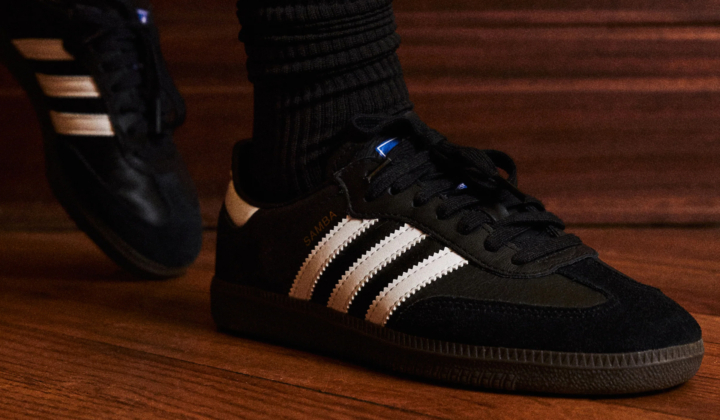11 Tips That Will Help You Get A Better Night’s Sleep
Whether we adhere to them or not, we all know the fundamentals of a healthy lifestyle are: a balanced diet, regular exercise, minimal alcohol consumption and plenty of social interaction. But sleep? A good night’s sleep is so often overlooked.
The Evolution of Sleeplessness
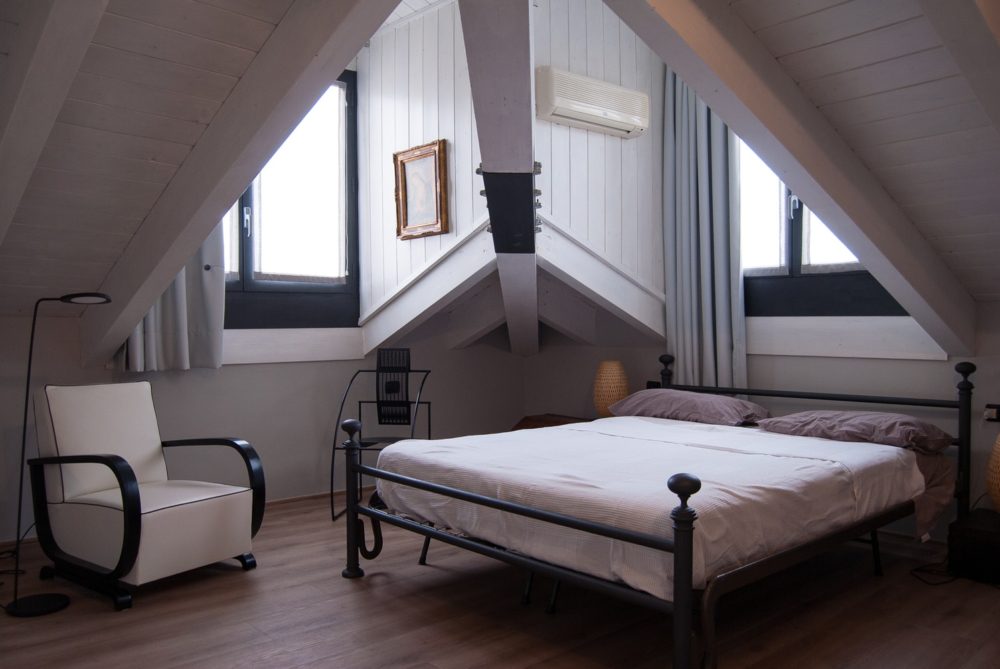
As human beings have evolved, so has our ability to hamper our natural sleep cycles. Whether it’s technological development (lightbulbs, curtains, alarm clocks, device screens, sleeping pills) or societal development (shift work, commuting, overtime, inescapable communication, self-improvement), most advancements in daily life have had the unfortunate effect of sleep taking a hit. Our social attitudes only cement this, with social media pushing the endless rhetoric of “sacrifice equals success”, while news cycles and magazine profiles detail how billionaire founders often run their companies on less than five hours’ kip.
Sleep is now considered a global health issue. In what the World Health Organisation has referred to as the “sleep loss epidemic”, two-thirds of adults in so-called developed nations are not getting the recommended eight hours of sleep a night. Granted, on a global scale sleep disorders are on the rise, but at the centre of the WHO’s findings is people who should be sleeping, aren’t. Sleepers in the UK average just 6 hours and 49 minutes a night, with one in two Brits surviving on six or less hours.
The Impact
As you may have probably guessed, this lack of sleep is doing nothing for your health. But what’s important to note is, as a society we completely underestimate the effects. A lack of sleep is clinically linked to increases in serious health problems, including cancer, Alzheimer’s, heart disease, obesity, diabetes and high blood pressure.
Lack of sleep is also linked to suicide, depression and other mental health problems as well a decrease in fertility, lowered immunity to disease and poor sex drive. And yet, we continue to play down the importance of sleep, with loss of sleep costing the UK economy over £30bn a year in lost revenue (2% of GDP). Less shut eye is also proven to make you dumber, more forgetful and more likely to crash your car. (The list really is endless.)
How To Sleep Better
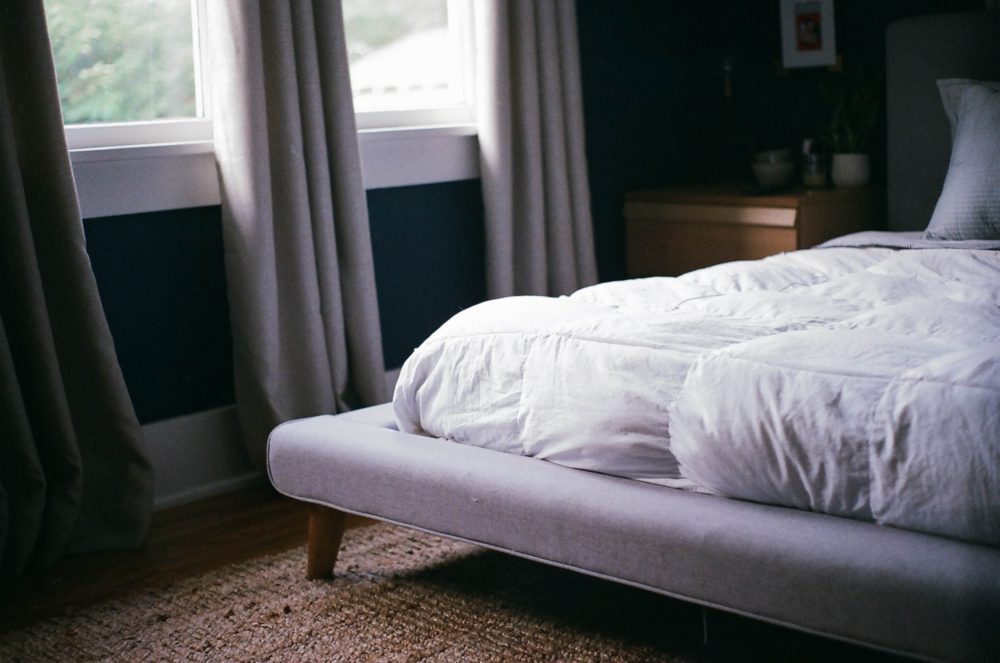
1. Change your mindset
With all of the above in mind, you really need to start taking sleep seriously. It might not be the quick fix you’re looking for, but you should respect sleep. That means accepting and prioritising it over another pint, that extra episode on Netflix, personal admin or that peer-pressured late-night bar crawl. The first step towards a better night’s sleep is admitting to yourself that a better night’s sleep is crucial to both your short- and long-term well-being.
2. Get into a routine
You should be aiming for 8 hours of sleep a night based around a regular schedule. The key with sleep is routine: set an alarm so you know it’s time to start winding down and aim for set times for going to bed and waking up. The important thing to note about sleep is that unlike diet, in which fasting could help to bring some regularity if you’ve eaten more than usual, you can’t simply have a lie in here and there to make up for lost hours.
3. Exercise early
Getting in at least 30 minutes of exercise each day is crucial to a healthy lifestyle but you want to be doing your exercise at least three or four hours before going to bed.
4. Avoid caffeine and nicotine
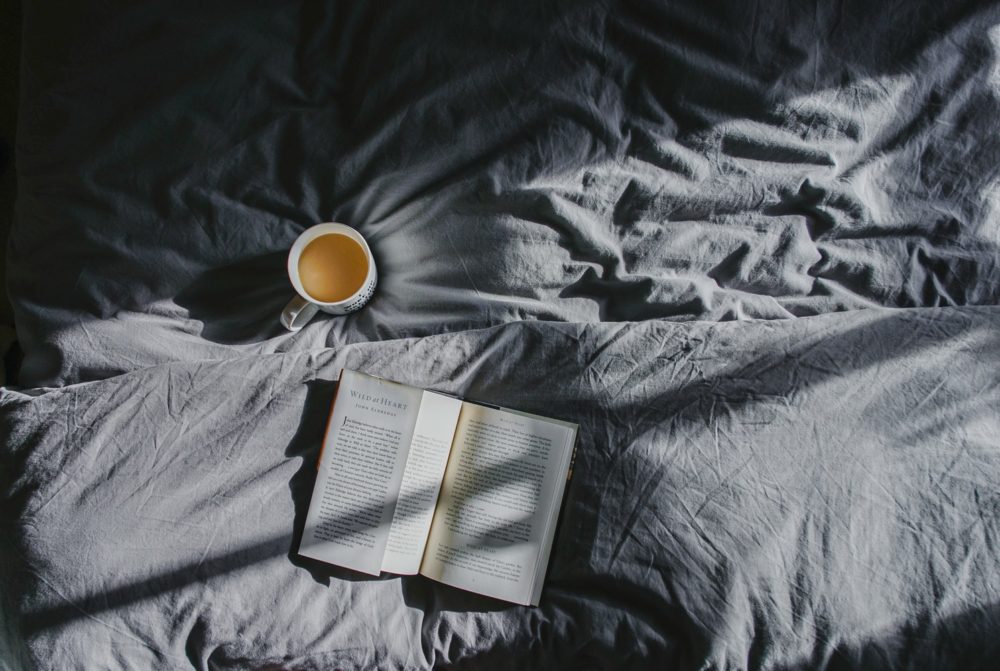
Consider switching to decaf
Obvious ones these, but drinks that contain caffeine (tea, coffee, fizzy drinks, workout supplements) are all stimulants likely to hamper your sleep, whether consumed at night or even in the afternoon. If you’re struggling with sleep, it’s worth considering how many cups you have a day, and when you’re drinking them. Consider switching to decaf as the day goes on.
Nicotine is another widely used, addictive stimulant that can affect your shut eye; it has been found that smokers tend to wake up earlier due to withdrawal.
5. Avoid alcohol before bed
Easier said than done. Although alcohol will essentially knock you out, it also suppresses melatonin, the key sleep hormone, and reduces REM (the brain-nourishing “rapid eye movement” stage of sleep), thus keeping you in the lighter stages of sleep for longer. Alcohol is a diuretic too, which means it’ll encourage your body to lose liquid, through sweat or urine, as you sleep.
6. Optimise digestion
Large meals before bed can lead to digestive issues that hamper sleep. Likewise, drinking extensively (whether alcohol or not) before bed can lead to more frequent waking up to urinate.
7. Your bedroom is for sleeping only
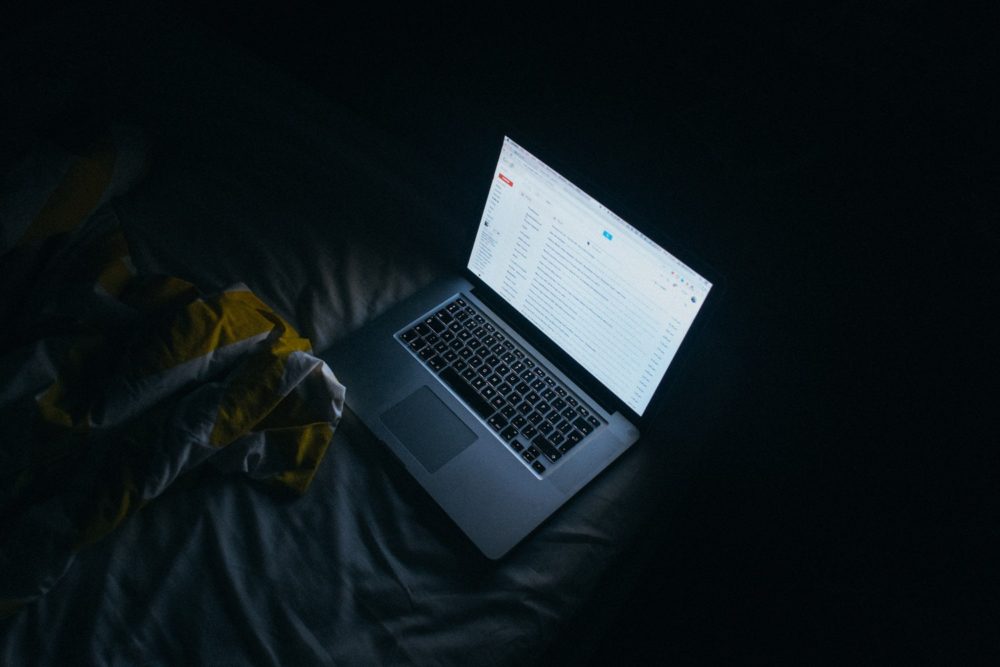
Your bedroom at night should be cool, quiet, dark and free of electronic distraction
The environment and conditions you sleep in makes a huge difference when it comes to getting your 8 hours. Ideally, you want to get into a mindset where the only activity you do in your bedroom is sleep, thus adding to a sense of routine for your body. Your bedroom at night should be cool, quiet, dark and free of electronic distraction, and your mattress and pillows comfortable. Likewise, it’s worth having a reading chair elsewhere in your house so that, again, your bed is solely used for sleeping.
At night your room should be dimly and comfortably lit, and for the sake of your body clock, black-out curtains are to be avoided. If you require an alarm use a softer one, like a wake-up light, and keep clocks away from where you sleep so that you’re not tempted to check the time. Keep all distractions – whether electronic or not – to a minimum.
8. Don’t nap after 3pm
Remember, cycles are key. Your entire body is moving to a sleep-when-it’s dark-rise-when-it’s-light cycle, so try and set a deadline of no naps after 3pm. Naps are fine if taken earlier in the day, but keep them short.
9. Take a shower or bath before bed
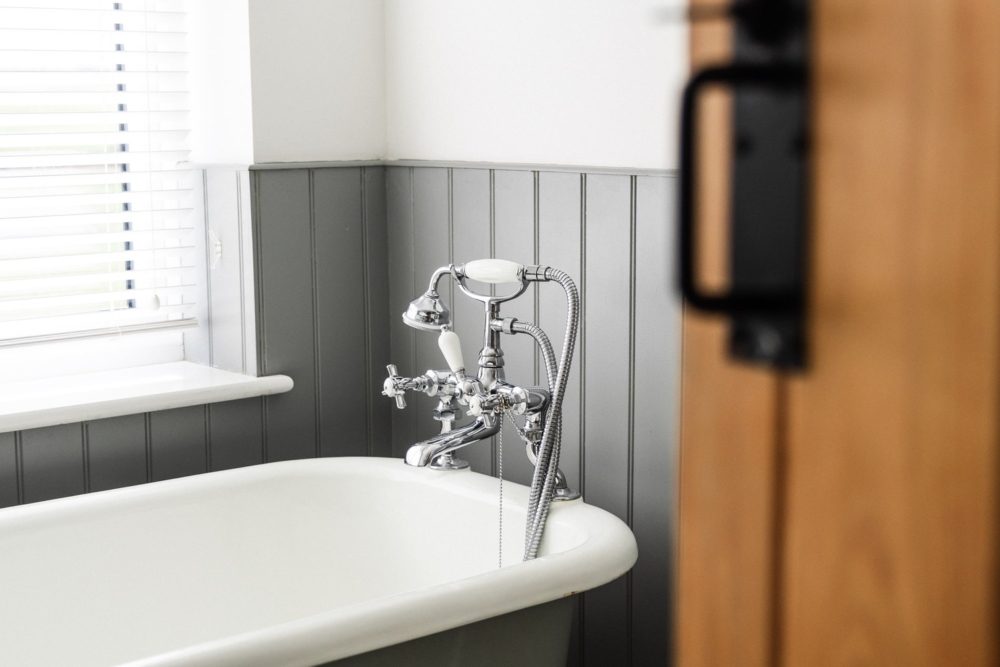
Having a bath or shower before bed is a good chance to unwind and relax
Not so much sleep hygiene as temperature regulation. Simple sleep science dictates that in order to fall asleep, your body requires a 1°C drop in temperature. Having a bath or shower before bed is not only a good chance to unwind and relax, but coupled with a cooler room, should help you to nod off.
10. Gradually unwind
It should come as no surprise that all of the melatonin-suppressing light coming from all of the screens you’re forced to look at throughout the day is bad for your sleep, so try and set aside an hour before bed to unwind, avoid screen time and ease yourself into a more relaxed state for sleep. Controlled breathing, dimmed light and a spot of reading should do the trick, but find the routine that works best for you.
11. Can’t sleep? Do something else
We’ve all been there: tossing and turning, working ourselves up about the fact that we can’t sleep on the eve of an important morning. We lay there running through all of the possible worst-case scenarios, making ourselves anxious and both sides of the pillow uncomfortably warm. From now on, do something else. It’s as easy as that. There’s no point lying there – read a book, do the washing up, do some sort of activity (not involving a screen) and come back to bed when you feel like sleeping.

